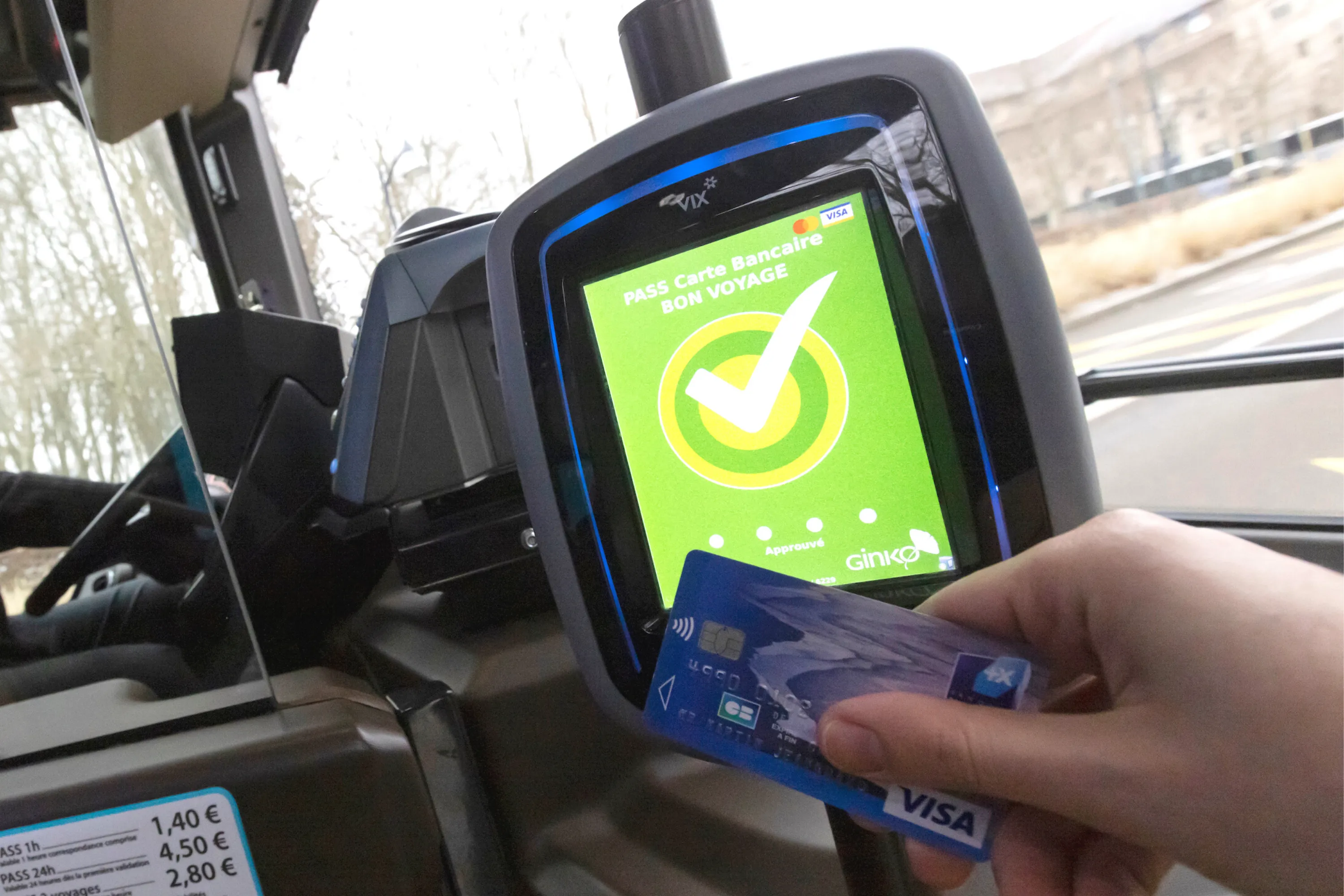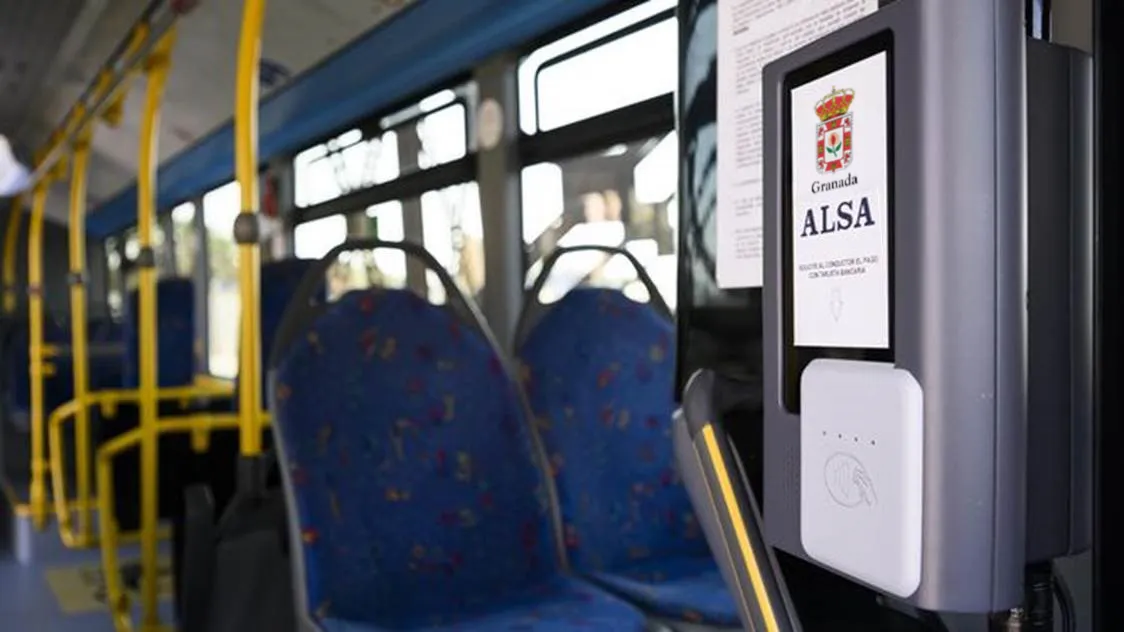Additionally, RIPTA hopes to eventually transition most of its fare transactions to mobile, retail, web and agency-internal e-fare smartcards which will allow them to utilize closed-loop and open payment options.
Once completed, passengers will be able to pay for fares by tapping their card or mobile device on a validator. Mobilevario, Init’s back-end processing software, will calculate and validate the transaction against the account and display the remaining balance in real-time.
Init will implement its open architecture for the project to help RIPTA integrate its new and existing partners more easily.
The contract includes EMV-capable e-fare validators, the integration of a Byemark mobile ticketing app and the option to implement platform validators and ticket vending machines in future phases of RIPTA’s fare collection upgrade.
Amy Pettine, Interim CEO of RIPTA, said: “RIPTA is excited to bring this innovative system to our riders. This update will not only make it easier for riders to manage their fares, but it will also speed up boarding times and cut back on the time people have to spend counting coins and bills. Fare products will be available at the touch of the fingertip.”
RIPTA partners with Init for electronic fare management project
The Rhode Island Public Transportation Authority (RIPTA) has selected Init Innovations in Transportation (Init) to implement an account-based electronic fare and back-office revenue management system on their fixed route fleet of over 240 buses. The technology is designed with the intention of allowing passengers to board faster and have more convenient fare options.
Additionally, RIPTA hopes to eventually transition most of its fare transactions to mobile, retail, web and agency-internal e-fare smartcar
February 8, 2018
Read time: 2 mins
The Rhode Island Public Transportation Authority (RIPTA) has selected Init Innovations in Transportation (511 Init) to implement an account-based electronic fare and back-office revenue management system on their fixed route fleet of over 240 buses. The technology is designed with the intention of allowing passengers to board faster and have more convenient fare options.










